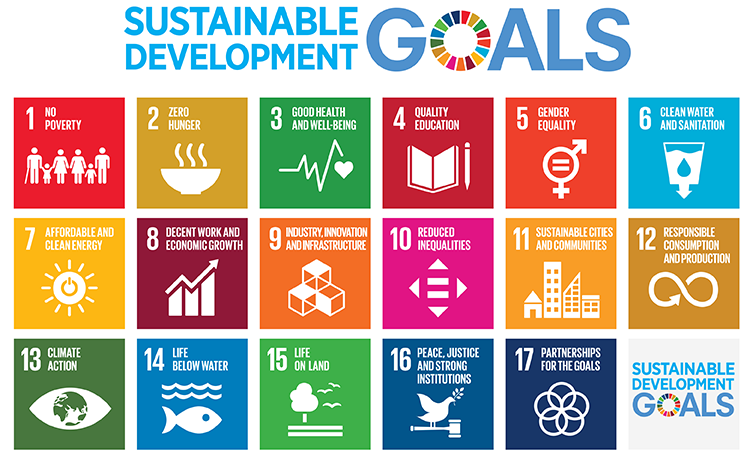The United Nations’ Sustainable Development Goals
In 2015, the global focus on sustainable development shifted when 193 countries, including Canada, signed on to implement the United Nations’ 2030 Agenda for Sustainable Development, and auditors general around the world agreed to measure, monitor, and report on progress.
The federal government has committed to implementing the 2030 Agenda both at home and internationally.
What is sustainable development?
“Sustainable development” was first defined in 1987 by the link to a portable document format (PDF) fileWorld Commission on Environment and Development.
Though the words used to define sustainable development may vary, there is a general consensus that in its broadest sense, sustainable development is intended to meet the needs of the present without compromising the ability of future generations to meet their own needs.
The Office of the Auditor General of Canada'sOAG’s work is underpinned by the definition that appears in Canada’s Auditor General Act which states that “sustainable development … is a continually evolving concept based on the integration of social, economic and environmental concerns, and which may be achieved by, among other things,
- the integration of the environment and the economy,
- protecting the health of Canadians,
- protecting ecosystems,
- meeting international obligations,
- promoting equity,
- an integrated approach to planning and making decisions that takes into account the environmental and natural resource costs of different economic options and the economic costs of different environmental and natural resource options,
- preventing pollution, and
- respect for nature and the needs of future generations.”

What is the 2030 Agenda, and what are the Sustainable Development Goals?
In September 2015, the 193 member states of the General Assembly of the United Nations, including Canada, unanimously adopted the resolution “Transforming our world: the 2030 Agenda for Sustainable Development.”
Otherwise known as the 2030 Agenda, the resolution sets out 17 sustainable development goals, or SDGs, for achieving social, economic, and environmental sustainable development worldwide by 2030. The SDGs and their 169 associated targets aim to eradicate global poverty, achieve gender equality, foster economic growth, protect the environment, and build effective, accountable, and transparent institutions, among other aims.
Nationally, the 2030 Agenda encourages each government to measure results and report on its progress.
Globally, the United Nations High-level Political Forum on Sustainable Development is the main forum for reviewing the 2030 Agenda.
Canada’s participation in the 2030 Agenda and implementing the SDGs
The 2030 Agenda indicates that each government should set its own national targets for implementing the SDGs, and that tracking and reporting on progress are important.
The federal government has committed to implementing the 2030 Agenda both at home and internationally, and it has a leadership role to play. In its link to a portable document format (PDF) fileVoluntary National Review delivered to the United Nations High-level Political Forum on Sustainable Development in July 2018, the government states that all federal departments and agencies are responsible to implement the SDGs.
Implementation requires a concerted effort from all levels of government, public and private sectors, Indigenous communities, academia, and civil society. The federal government has committed to working with these other stakeholders to develop a national strategy to implement the SDGs and associated targets.
Through their policies, programs, and the billions of dollars they spend each year, the federal, provincial and territorial governments have a significant influence on Canadian society and can advance environmental protection and sustainable development.
Canada is also a party to more than 130 international agreements that address environmental and sustainable development issues. These international commitments cover a diverse array of topics, from the Arctic to climate change to food safety.